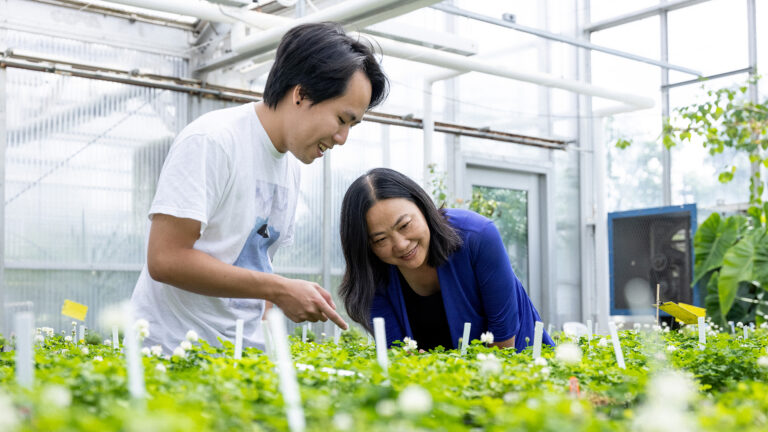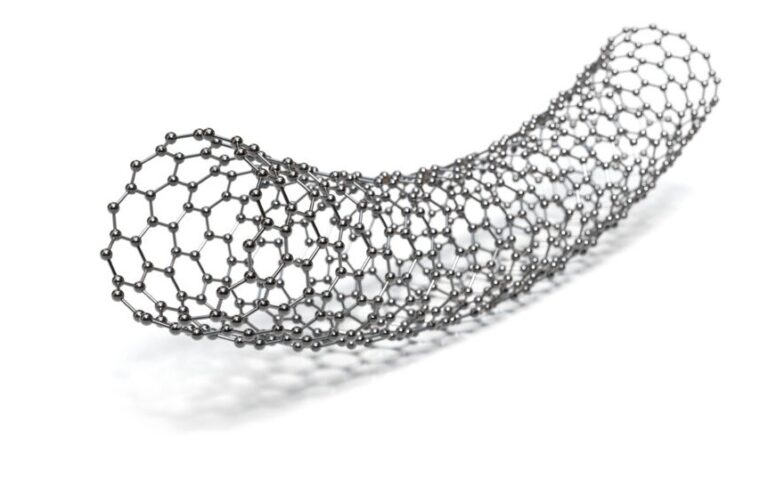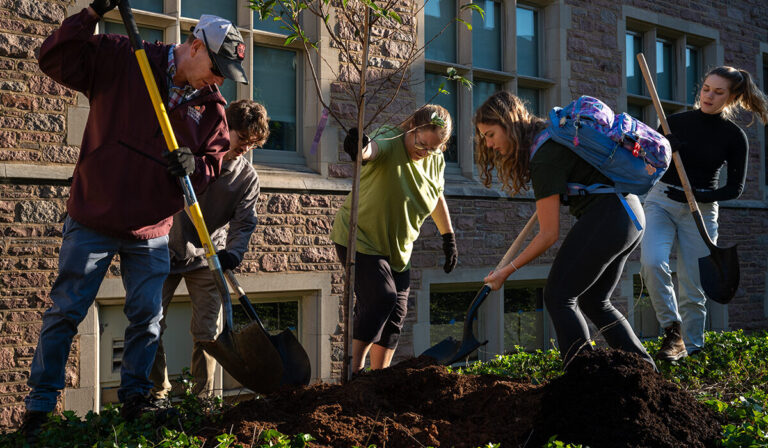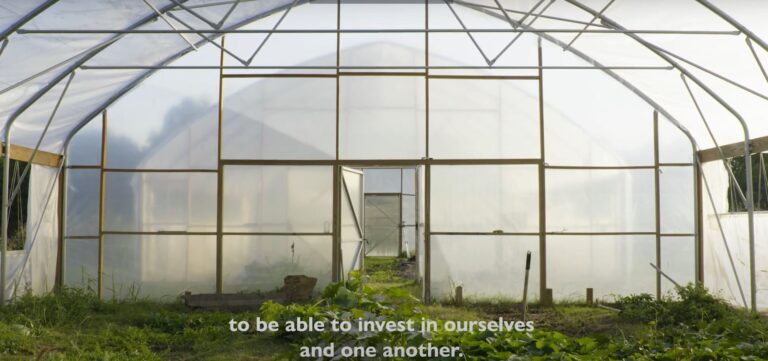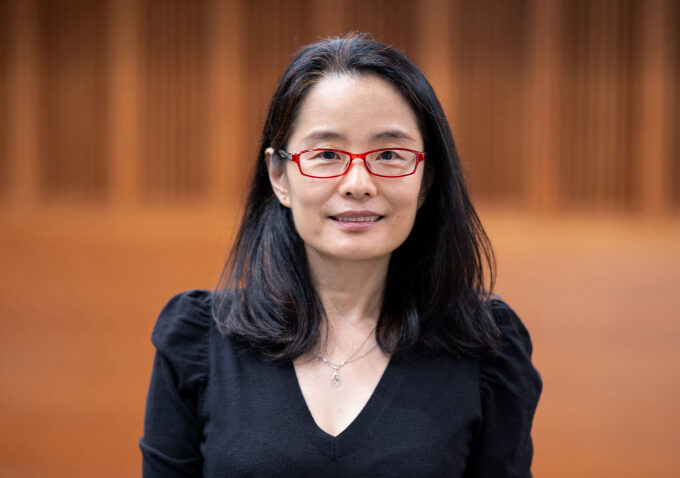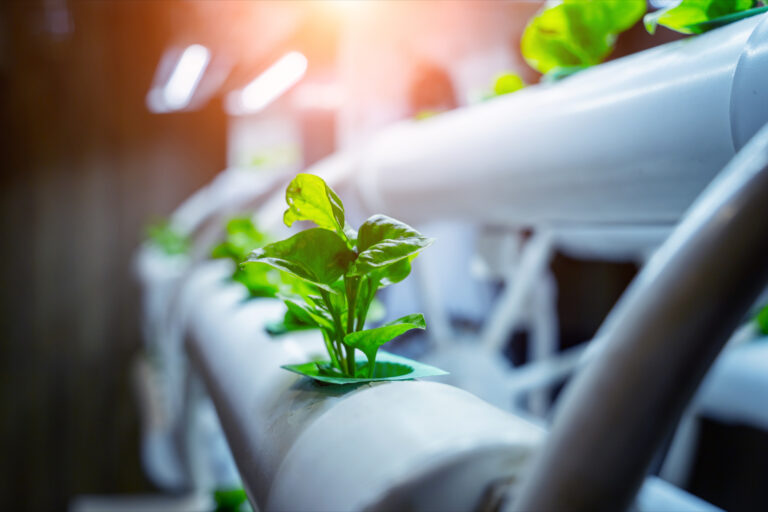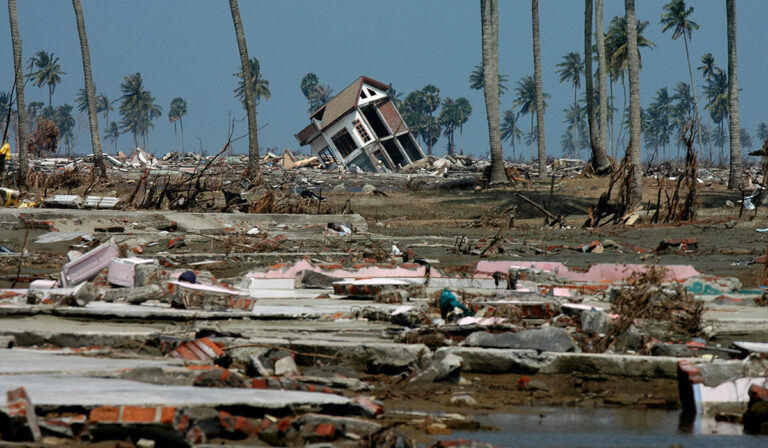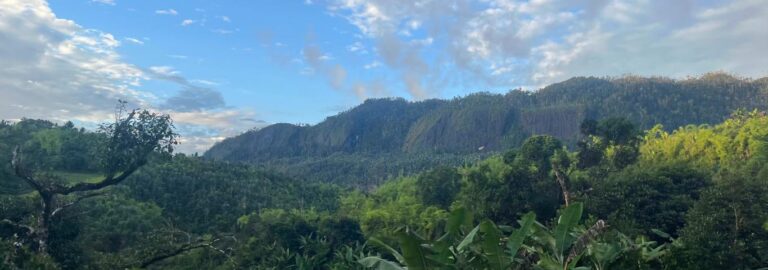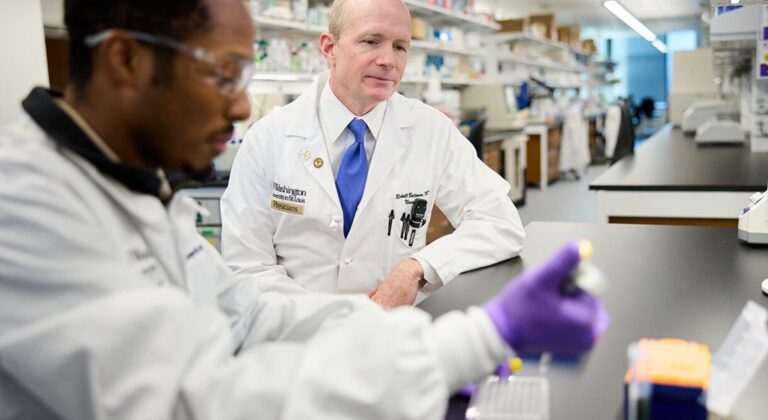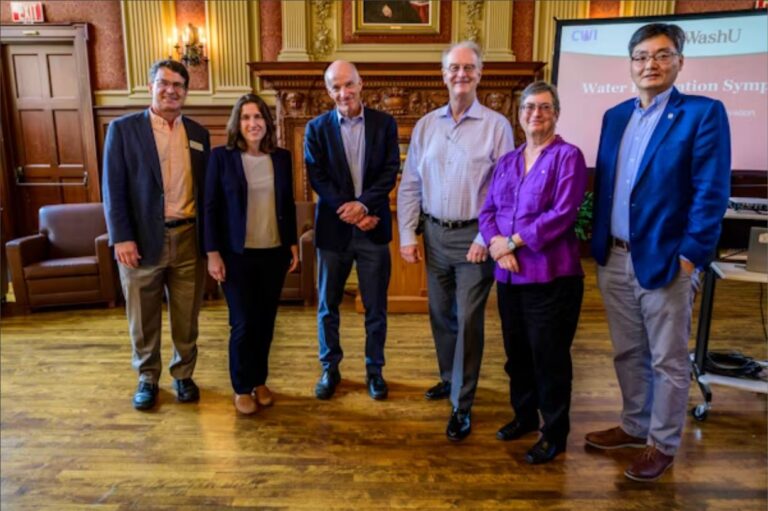How plants evolved multiple ways to override genetic instructions
WashU biologists investigate inner workings of DNA methylation in plants.
Converting CO2 to solid carbon yields benefits for batteries
WashU professor Xinhua Liang has received a $1.5 million grant from the Department of Energy to convert carbon dioxide into carbon nanotubes that could be used in lithium-ion batteries.
Home to 6,500 trees, WashU Arboretum earns rare status
The WashU Arboretum, home to some 6,500 trees across the Danforth Campus, recently received Level III accreditation by the ArbNet Arboretum Accreditation Program.
WashU pitches in to reduce health disparities in St. Louis
The university has partnered with the St. Louis Integrated Health Network to improve health in the local Black community.
Bo Li appointed as Co-Director of TRIADS
Bo Li, Stanley A. Sawyer Professor in Statistics and Data Science, was recently appointed as Co-director of The Transdisciplinary Institute in Applied Data Sciences (TRIADS) at WashU.
How to grow food without light
Feng Jiao and collaborators plan to grow food through carbon dioxide electrolysis.
Frachetti receives $2.4 million to study resilience in Asia-Pacific region
WashU has received a three-year $2.4 million grant from the U.S. Department of Defense to study societal resilience — how a society recovers from major shocks like the tsunami in Indonesia — in the Asia-Pacific region.
A year in the life of a Pathfinder Fellow: Journey to Madagascar
Elizabeth Swords’ second year as a Pathfinder Fellow involved lessons on environmental modernism and a 22-day trip to Madagascar, where she conducted a research project in partnership with the Missouri Botanical Garden.
WashU research funding exceeds $1 billion for first time
External dollars solve major challenges, spark local job growth, development
Water Innovation Symposium highlights advances in water research
Annual event fosters connections between faculty, students and industry professionals.
